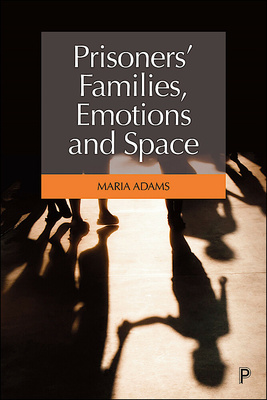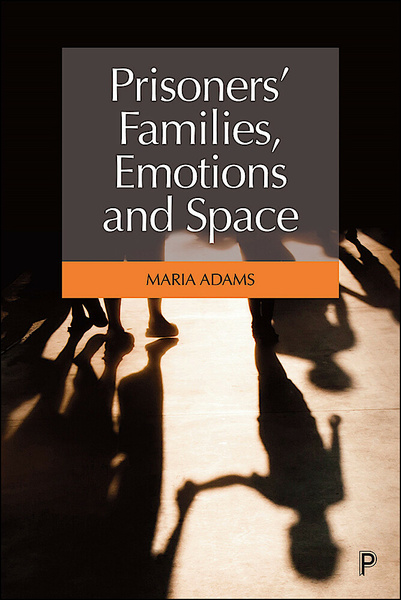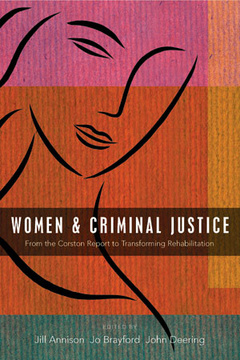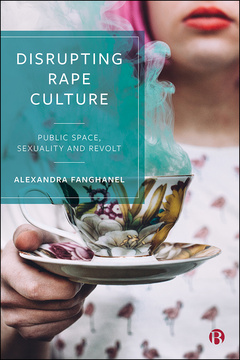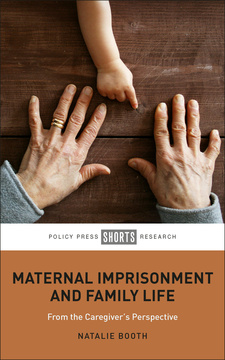Prisoners' Families, Emotions and Space
By Maria Adams
Published
Jul 28, 2022Page count
176 pagesISBN
978-1447358121Dimensions
234 x 156 mmImprint
Policy PressPublished
Jul 28, 2022Page count
176 pagesISBN
978-1447358138Imprint
Policy PressPublished
Jul 28, 2022Page count
176 pagesISBN
978-1447358138Imprint
Policy PressIn the media
On our blog: A ‘new normal’ for families and their loved ones in prison
In this ethnographic study Maria Adams turns a geographical and feminist lens on prisoners’ families.
She captures the testimonies of families as they navigate the sociological and social challenges of the imprisonment of loved ones, exploring key concepts including inequality, penal power, and vulnerability. She also measures the impacts on many aspects of families’ emotions, relationships, and identities, and considers the sources of support and resilience they draw on.
With original research and fresh insights, the book deepens our understanding of carceral geography and how families experience spaces, both inside prison and beyond the bars.
“This is an exciting, original, and nuanced exploration of the spatial and emotional experiences of families of people in prison. It explores the subject matter in great depth and with sensitivity and scholarly rigour.” Anna Kotova, University of Birmingham
Maria Adams is Senior Lecturer in Criminology at the University of Surrey.
1. Introduction: Getting in and setting the scene
2. Feminist geographies and carceral perspectives
3. The artificial home space: place of care or place of confinement?
4. Regulated spaces
5. Spatialities of waiting
6. Surviving the incarceration process: resilience to time
7. Families’ voices: creating a platform for families’ lives







